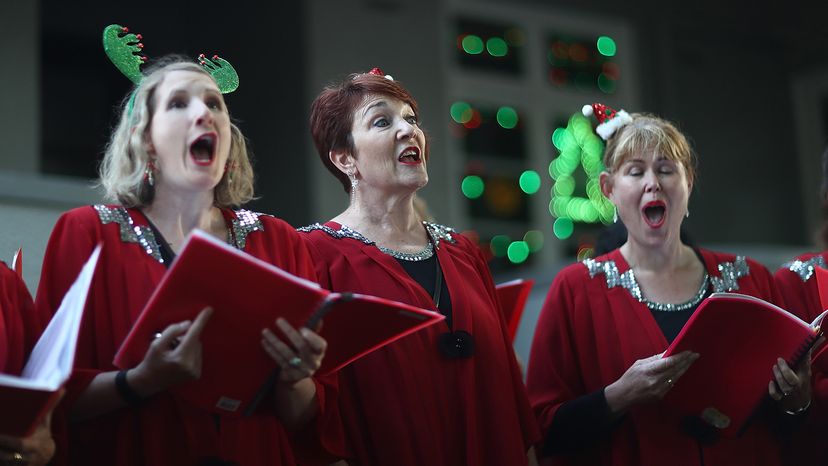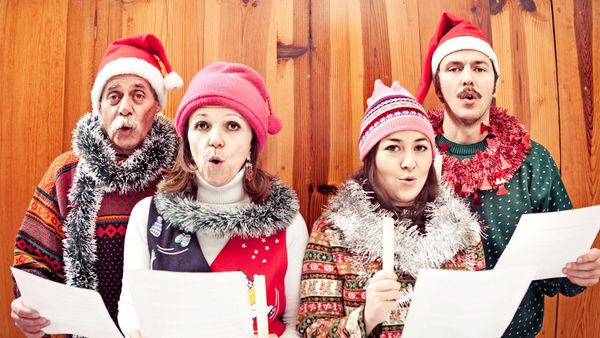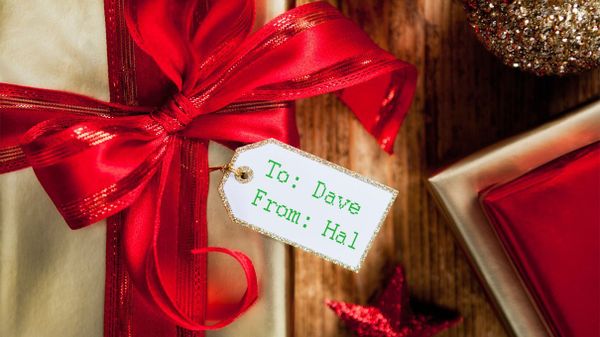
'Tis the season for an assault of Christmas songs, in public, in private, online and over the airwaves. And whether you're absentmindedly humming along while grinding through that morning commute or actively caroling around a piano at a holiday party, chances are good that — whether Christmas is your thing, or not — you're able to sing along to Christmas songs. But as you sing about trolling the ancient yuletide carol, have you ever stopped to wonder what that even means?
We've pulled together a quick explainer on a few of the terms you'll encounter while singing those Christmas tunes.
Advertisement


